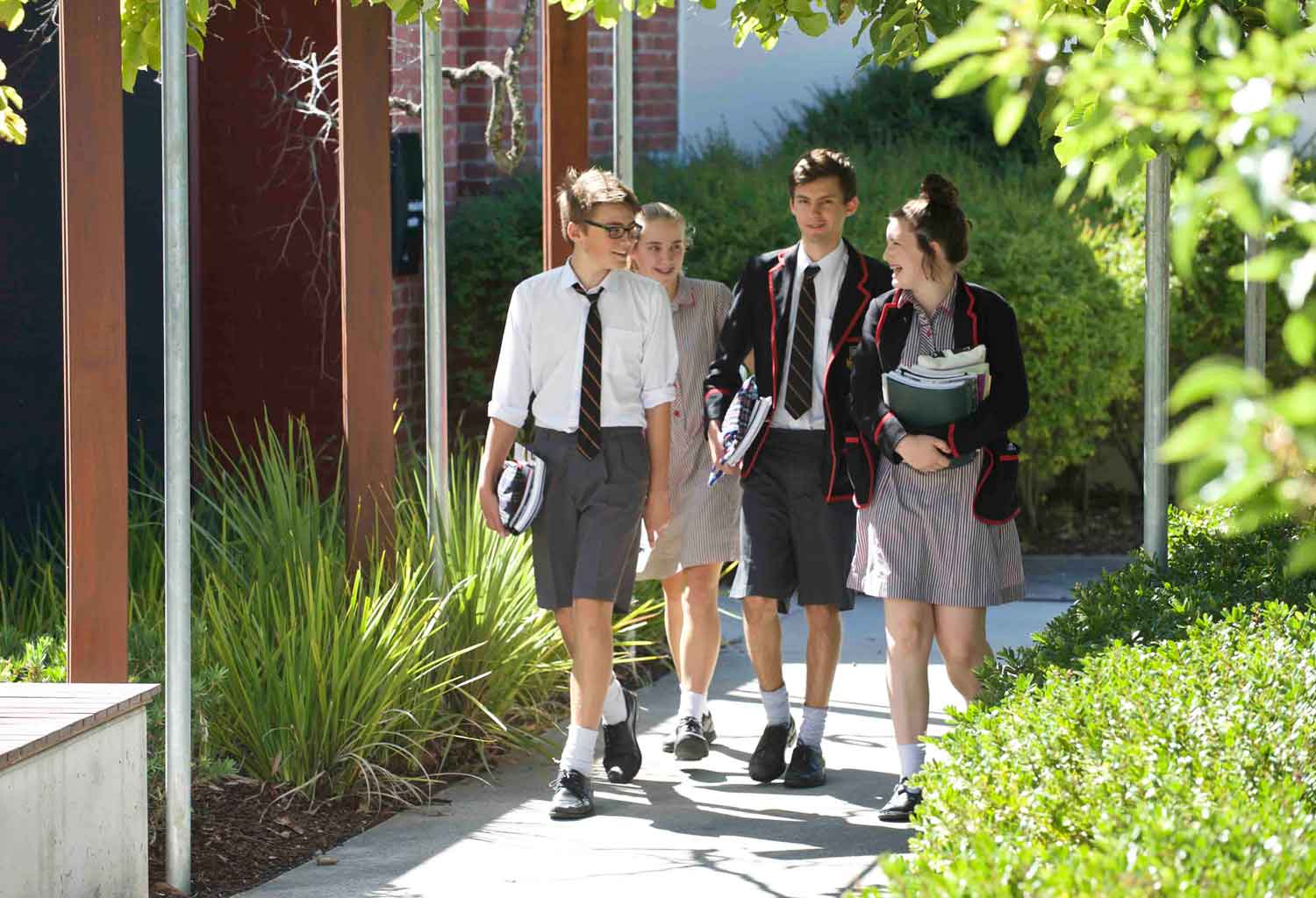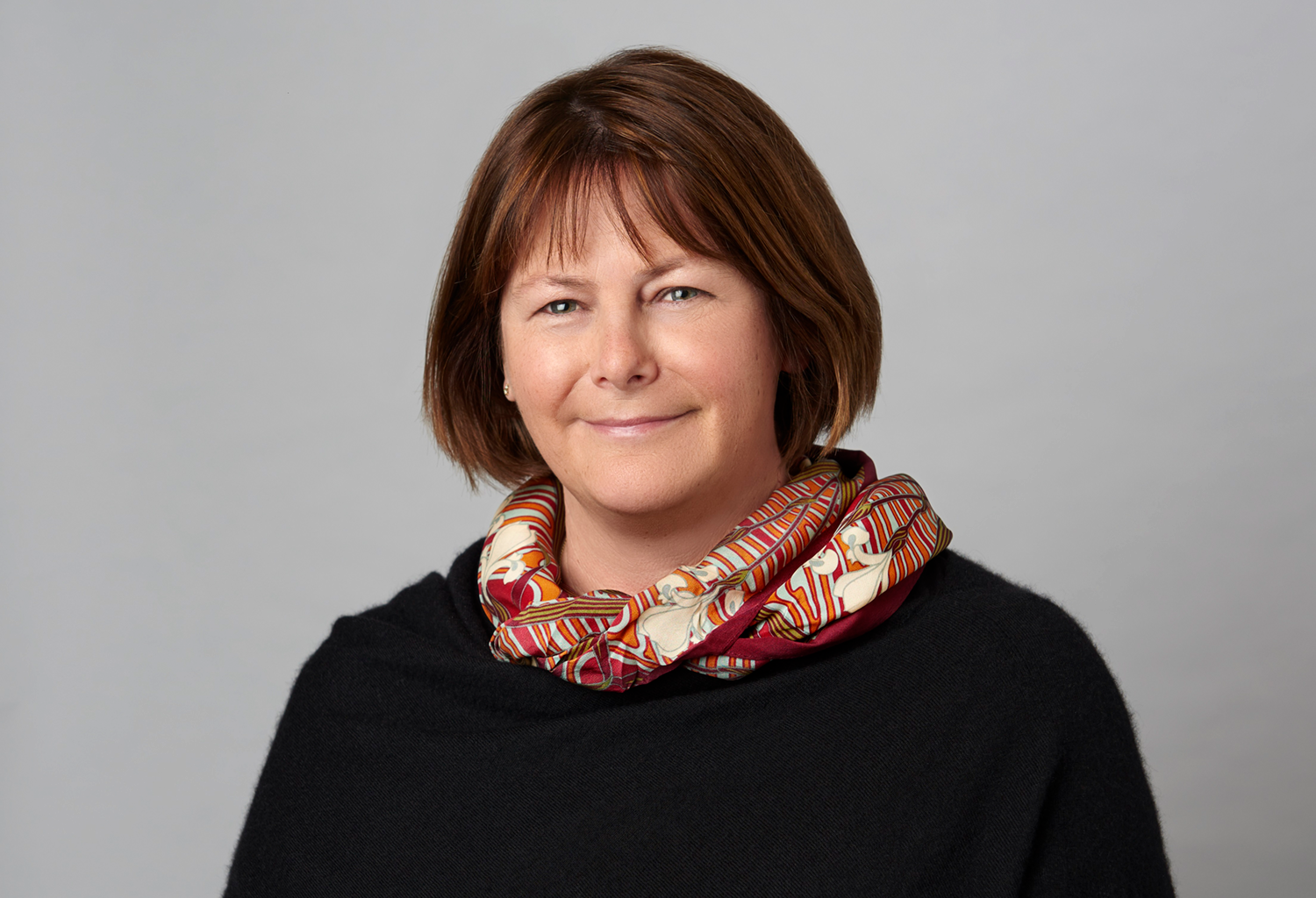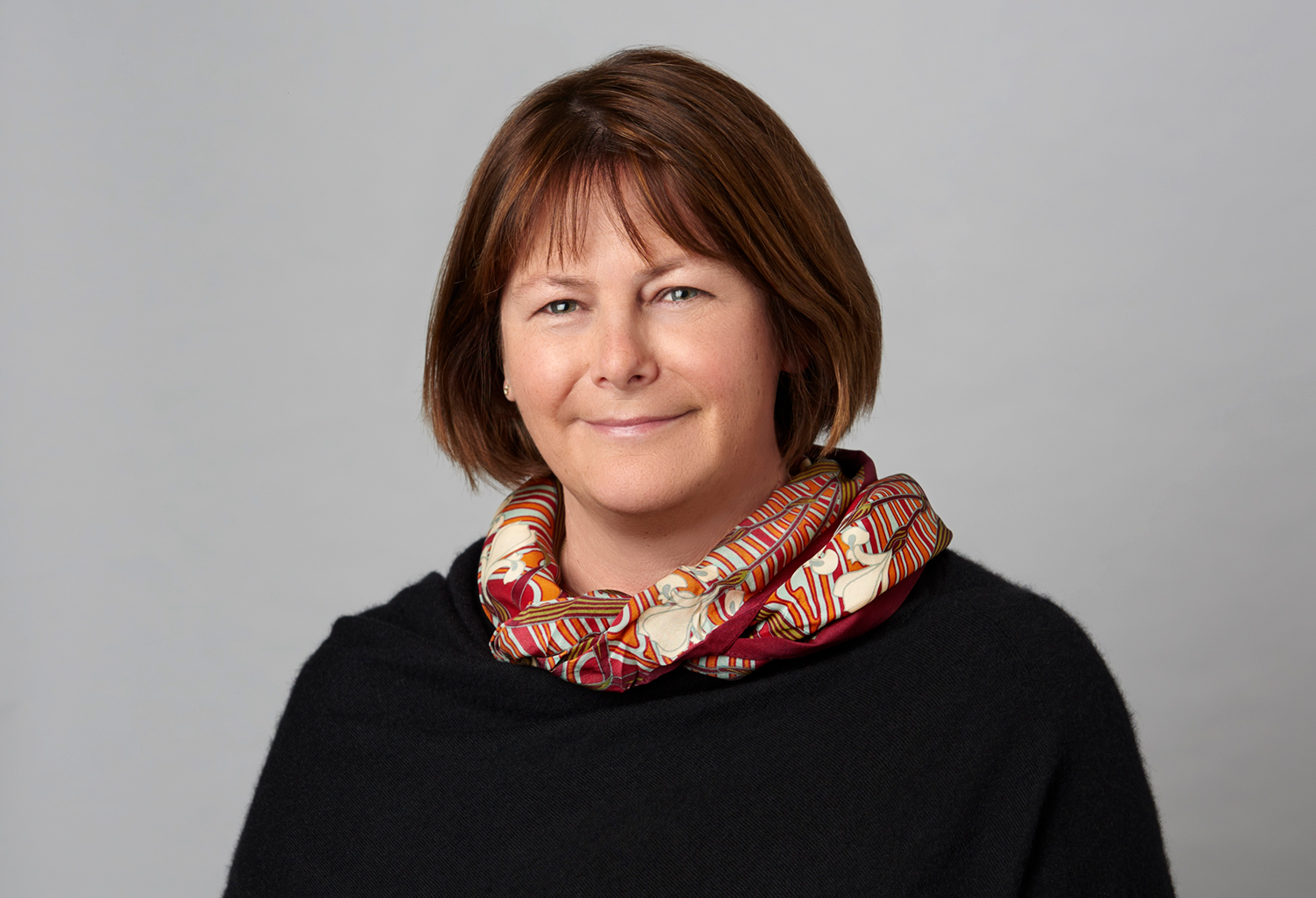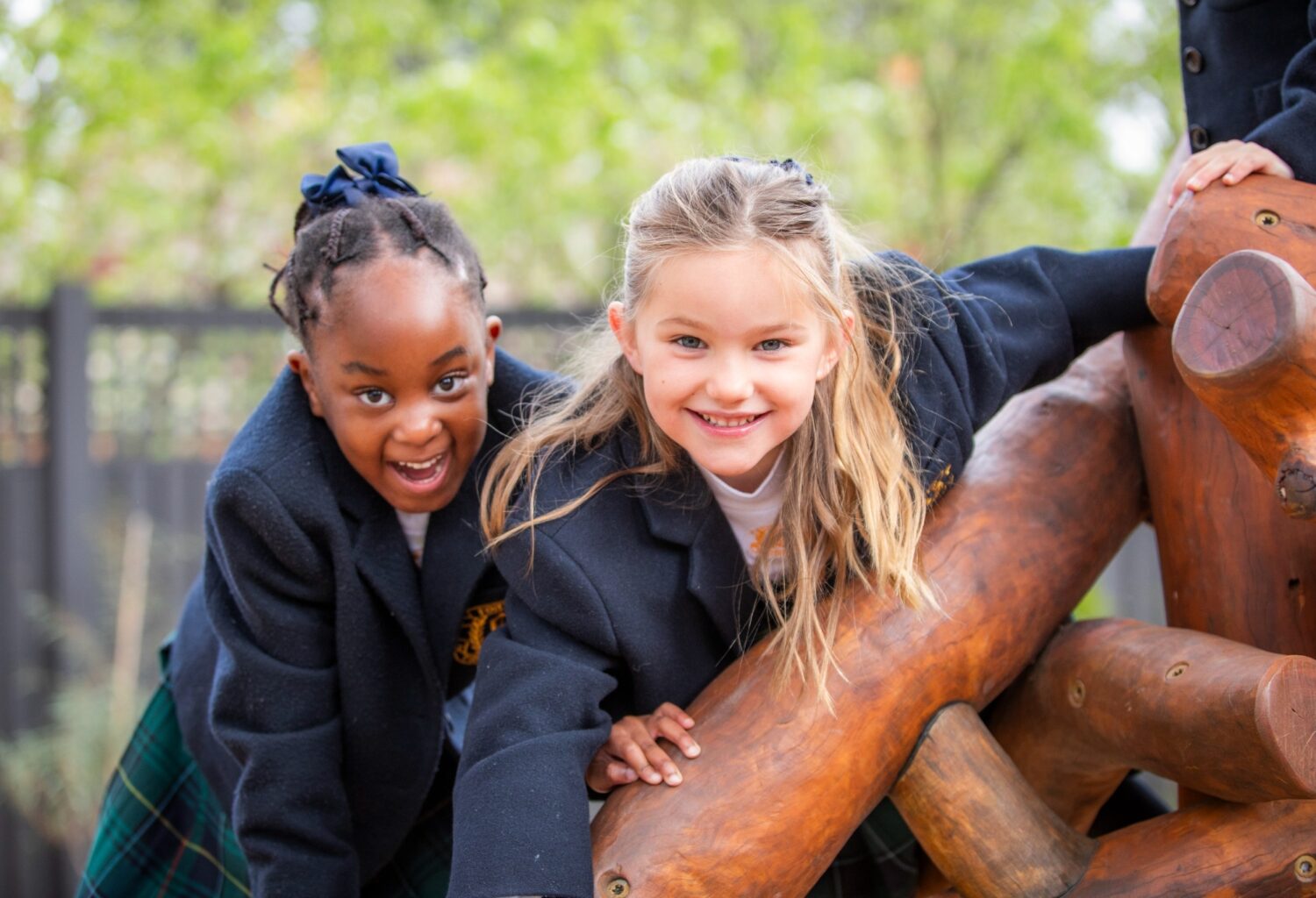Schools, sexism and sneering commentary

3 min read
When an argument seeks to assert ‘facts’ that are based solely on what the news media has reported, you can end up with a flimsy argument. When the reported ‘facts’ are selectively cited to confirm preconceived beliefs, you end up with prejudice masquerading as research.
Jane Gilmore’s article (published in The Age print edition on 7 September 2017 under the headline How elite schools can breed entitled and sexist men) is a prime example. She argues that abusive and sexist behaviour in the corporate world is the result of what the perpetrators learned when they were at school. Not any school, of course, but one that’s pejoratively labelled as ‘elite’, ‘privileged’ and ‘private’.
These schools, she argues, create a sense of entitlement that leads boys and men to treat the poor with contempt and women as objects of fear and lust. She goes further: they not only create an environment that engenders this behaviour, they actually teach it.
To support her argument she cites media reports about incidents over 12 months ago involving boys at three Melbourne Independent schools who shared inappropriate and pornographic images of girls and ‘rated’ girls for their looks.
Let’s leave aside the fact that this sort of abhorrent behaviour is not confined to, or is more prevalent in, non-government schools.
And let’s remember that journalists, consciously or unconsciously, apply news judgement that makes misbehaviour by students at non-government schools more newsworthy than similar behaviour in government schools. Let’s remember that even honest and fair media reporting involves the selective use of facts, in which some facts are given prominence over others.
Finally, let’s remember that the evidence Gilmore uses to ‘prove’ her thesis is drawn solely from what she’s read in the media. Out of what the media selectively reports, she selectively cites passages that suit her argument. When she refers to media reporting of an incident where boys created an offensive Instagram account, she cherry picks quotes from the mother of one of the young girls whose image had been exploited.
Gilmore doesn’t tell her readers the inconvenient fact that the mother did not blame the school – she blamed the boys’ parents. This is what she said: ‘The school has done everything in their power. Education begins at home.’ Indeed.
Similarly, when Gilmore cites the incident where boys ‘rated’ girls, she ignores comments from a nationally-known alumna of the school, the respected barrister and human rights defender Julian Burnside, who told the media it was too simple to blame the students’ behaviour on the school. Instead, he said ‘it’s very likely they’ve picked up those attitudes from society and perhaps from their family’. Yes, indeed.
Gilmore sneeringly dismisses the action taken by the schools over these incidents, claiming their response amounted to media statements that they were taking the matters ‘very seriously’. She doesn’t tell us that they condemned the sexist and abusive behaviour, that they took disciplinary action, and that, where appropriate, they informed police.
Clearly, she knows little about what goes on in schools, implying principals don’t take their responsibilities seriously, that they aren’t genuinely appalled by sexism and that their school programs do nothing to counter it.
I know plenty of school principals. When they say that abusive and sexist behaviour is hurtful, offensive and unacceptable, they back up their words with action. They also philosophically accept that ill-informed commentators will tell them that they are simultaneously the cause of, and the solution to, all of society’s complex ills.
The fact is that all schools – government and non-government – run programs to teach students about respecting others, about cybersafety, bullying, about equality and rights.
Schools are working to eradicate the entrenched abusive attitudes of some boys and men towards women and girls, but they can’t do it on their own. It’s a society-wide task, requiring the involvement of the entire community, starting with parents who need to know more about what their sons are thinking and doing. Opinion writers might help if they put their prejudices aside and did some research.
The article was submitted for publication in The Age’s opinion pages, but The Age declined to publish it.
Michelle Green was Chief Executive of Independent Schools Victoria from 2002–2023.


